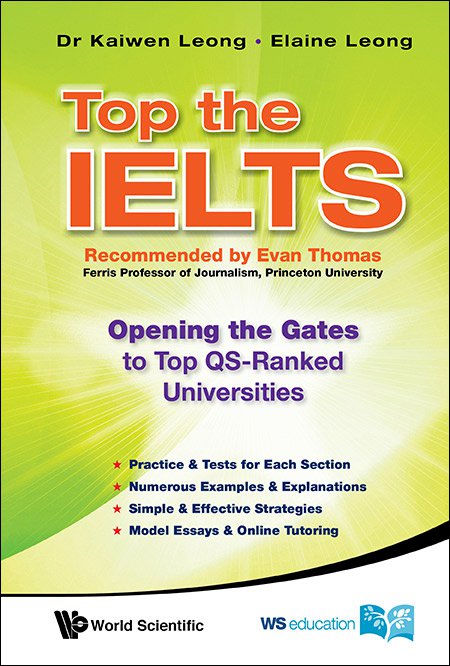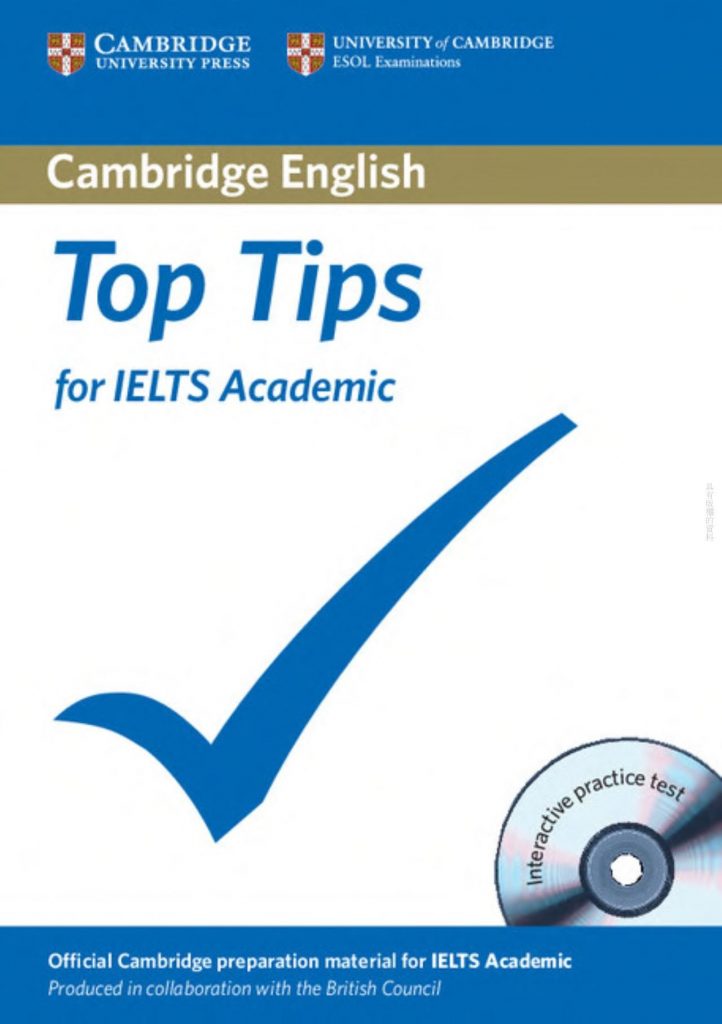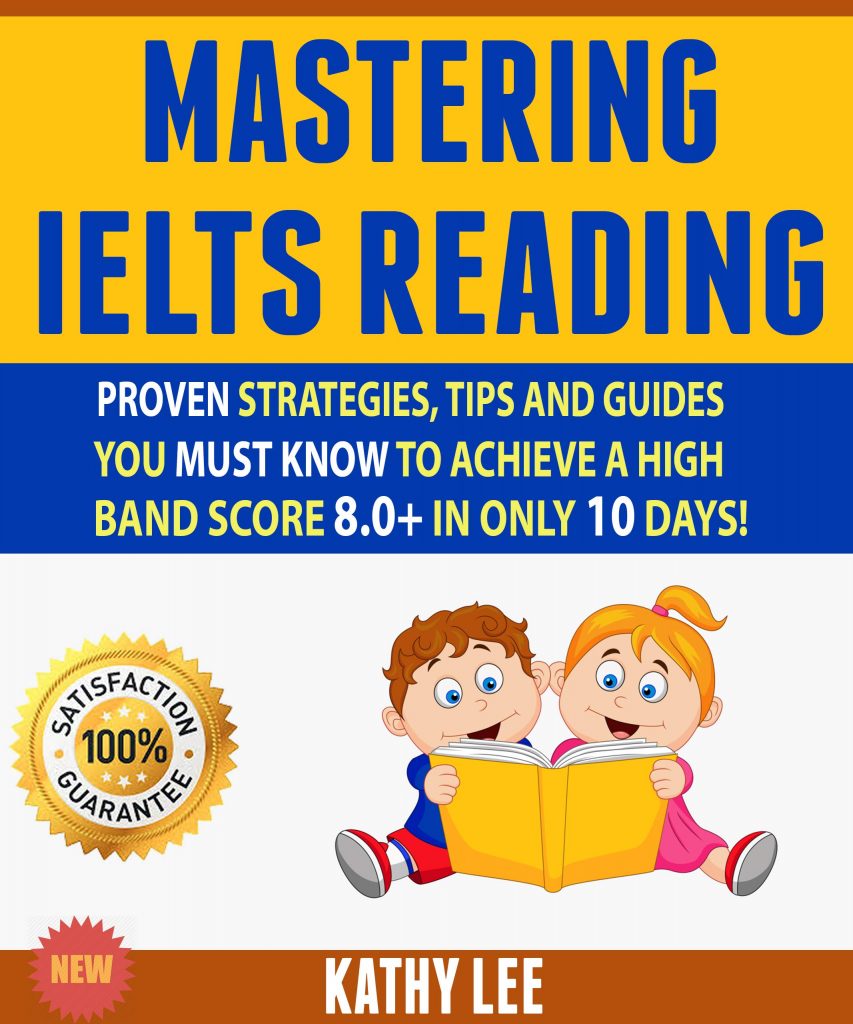Tips for preparing IELTS Reading
BEFORE THE TEST
- Read a variety of English texts daily.
- Familiarise yourself with different question types.
- Enrich your vocabulary by keeping a list of new words; try to use new words in your daily life.
- Do practice papers; analyse your mistakes; Review model answers.
DURING THE TEST
- Speed reading is an essential skill for various reading tests. It is a necessity for IELTS Academic, because the test includes long and complex articles that candidates need to digest in a short amount of time.
- Read the first line of each paragraph to grab the gist.
- A good skimming and scanning technique is to read the first line or two of the passage, and then go over the rest much faster. Underline words that stand out to you as important
- After that, read the questions to identify the key words, and scan the text strategically for answers (within the vicinity of the keywords in the passage)
- Remember that IELTS is not a vocabulary test and that even native speakers don’t understand every single word in every random text. Don’t panic. You should train yourself to grab the overall idea of a text, despite the presence of unknown words.
- Moreover, you should be able to figure out the meaning of an unfamiliar word from the context. This means looking at the words and sentences around the word and making an educated guess as to what it means.
- Similarly, the key words you find in the questions may not appear in the paragraph. Instead, the idea may be expressed with synonyms (or even antonyms). Look out for such words as well.
- Remember that every question carries one mark.
- Don’t spend too long on any one question. Move on to the next question and go back if you have time. Mark a symbol on the questions that you are not sure with, so that when you finish other questions, you will remember to tackle these questions.
- If a text contains specialist or technical terms then a simple glossary is provided below the text.
- Read the instructions carefully. For some questions, there is a word limit, or you may be asked to write letters or numbers.
References
Leong, K.W. & Leong E. (2016). Top the IELTS: Opening the Gates to Top QS-Ranked Universities. Singapore: WS Education.
University of Cambridge ESOL Examinations. (2009). Top Tips for IELTS Academic.
Lee, K. (2021). Mastering IELTS Reading: Proven Strategies, Tips and Guides You Must Know to Achieve a High Band Score 8.0+ in Only 10 Days!



